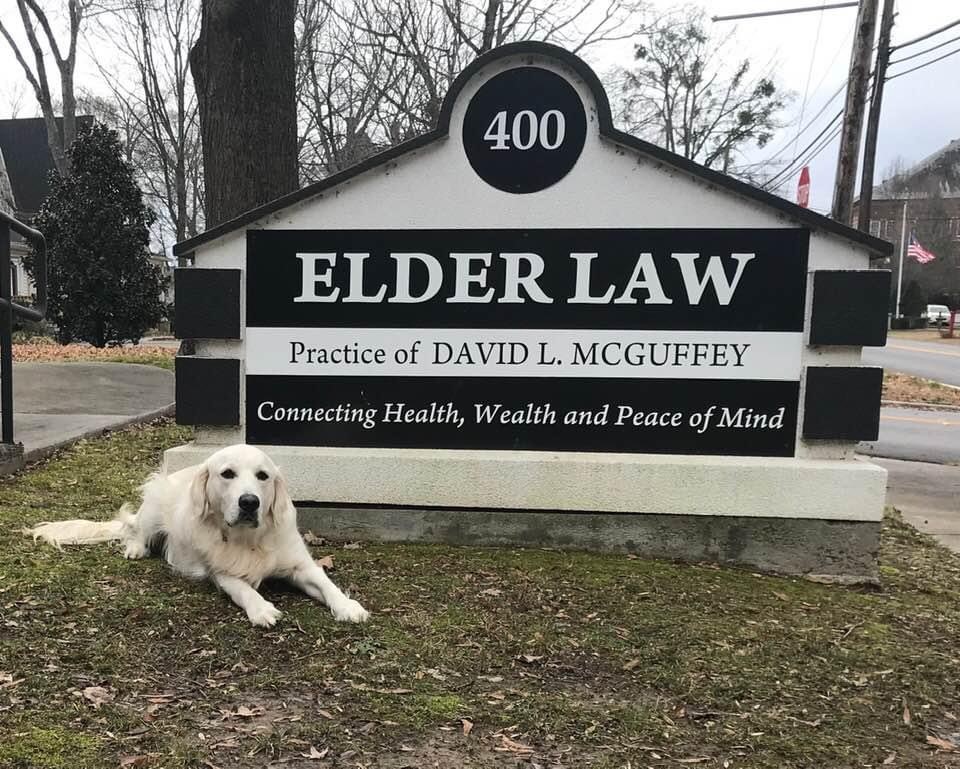People often visit us and ask about using a trust to protect assets in the event they go to a nursing home. They are asking about trusts that don’t count toward Medicaid eligibility and protect their assets. Although the name at the top of the document is unimportant, these are frequently referred to as Medicaid Asset Protection Trusts or simply Medicaid Trusts.
The basic rules governing Medicaid Asset Protection Trusts are found at 42 U.S.C. § 1396p(d) and are as follows:
The Trust Only Matters If “You” Create It or Fund It
When you apply for Medicaid, the eligibility caseworker is looking at your resources and income (or for married couples, what you and your spouse own). So if the money going into the trust isn’t yours, then it’s probably not relevant. On the other hand, in virtually all cases where people ask us about these trusts, they are trying to protect their money and property so the rules at subsection (d) apply. Subsection (d)(2) says:
For purposes of this subsection, an individual shall be considered to have established a trust if assets of the individual were used to form all or part of the corpus of the trust and if any of the following individuals established such trust other than by will:
(i) The individual.
(ii) The individual’s spouse.
(iii) A person, including a court or administrative body, with legal authority to act in place of or on behalf of the individual or the individual’s spouse.
(iv) A person, including any court or administrative body, acting at the direction or upon the request of the individual or the individual’s spouse.
So you can’t get around the rule by having someone else create the trust, whether that someone else is your agent under a power of attorney or some bystander trying to create the appearance that it’s not your trust. Remember, someone has to sign the Medicaid application under penalty of perjury, which means you have to tell the truth when they ask questions about whether there’s a trust and whether you gave away money or property.
It doesn’t matter why you created the trust
Subsection (d)(2)(C) says the law applies regardless of your purpose in creating the trust. So if you established the trust for some other reason, like avoiding probate, the rules still apply.
Revocable Trusts Protect Nothing
Subsection (d)(3)(A) tells us that a revocable trust protections nothing. Everything in the trust is considered available so it counts toward the applicant’s resource limit. These trusts are like Hokey Pokey – you can put your asset in, you can take your asset out – so Medicaid says take it out and pay for your own nursing home care.
Irrevocable Trusts Can Protect Property Under Certain Conditions
Subsection (d)(3)(B) tells us how Medicaid views irrevocable trusts. First, if there are any circumstances under which payment from the trust could be made for the applicant (or spouse), then the trust is available (see above Hokey Pokey analogy) and the trust protects nothing to the full extent trust income or property could be used by or for the applicant. If there are no circumstances under which payments could be made to or for the applicant (or spouse), then funding of the trust is treated like a gift and a transfer penalty is calculated if the trust was funded within sixty (60) months prior to a Medicaid application. This tells us that you have to plan things out ahead of time if you want a trust to protect your stuff. You also have to be willing to give up control over and access to your stuff if you want the trust to do its job. We spoke with someone not that long ago who used one of these trusts and things didn’t go as planned. The person who created the trust didn’t go to a nursing home. They stayed home. The trustee decided he/she wouldn’t help pay for care at home. The result was heart breaking.
How Most Medicaid Asset Protection Trusts Are Structured
Most Medicaid asset protection trusts are structured as irrevocable income only trusts. The reasons are two-fold. First, the Medicaid statute separates income from corpus (equity). So you can structure a trust that allows the applicant to have access to income, but provides that none of the corpus is available. Most of these trusts hold homes and most cases indicate that, as long as the trust isn’t shelling out money, the applicant can live in the home in lieu of receiving income. Second, under the existing tax rules, an income only trust should give your heirs a step-up in basis for capital gains tax purposes after your death. When you put something in one of these trusts, you’ve given the equity away. You can’t down-size and pocket your profit. You can’t borrow against it. All you can do is live in the property or take income from its use.
Why Not Just Give The Property Away?
It’s funny you asked. The reason is because going to the nursing home isn’t the only bad thing that can happen in life. Your heirs (usually your children) could die, divorce, get sued, go bankrupt or just decide they don’t like you anymore. Using a trust protects your property from slipping away due to unforeseen disaster. We had a person see us many years ago and, after quoting a fee to prepare a trust, he/she decided to go the cheap route with a home-made Medicaid Plan. They decided not to hire us and just deeded the home to a child. A couple of years later we got a frantic call saying the child had filed a bankruptcy petition, asking what they could do. If they had used a trust, there would have been creditor protection provisions to protect the home in case something like this happened. Because they didn’t have a trust, the home became property of the bankruptcy estate.
Special Needs Trusts And Trusts Established Under a Will Are Different
The rules above don’t apply to properly structured special needs trusts. By “properly structured, we mean they comply with the rules at Subsection (d)(4)(A) or (d)(4)(C). Interestingly, they also don’t apply to a trust established under a Will, but someone has to die before that helps us. Any volunteers?
Is a Trust Right for Me?
Maybe. But a lot of this depends on your goals, values, your attitude toward the future and timing. If you want to ask us those questions, call for an appointment. We’d be honored to help you figure out what’s right or you.

























